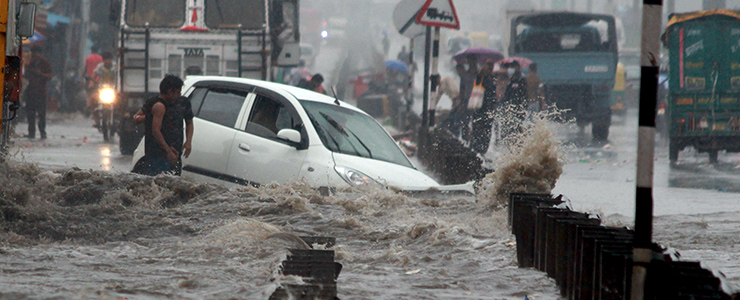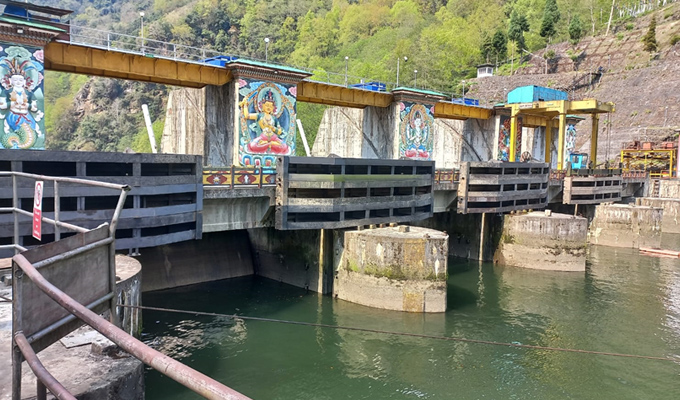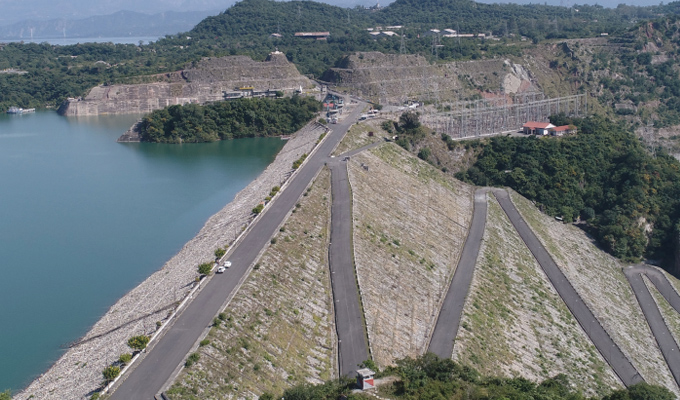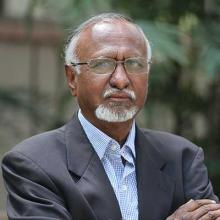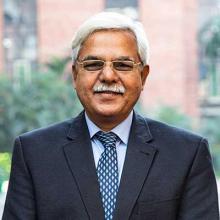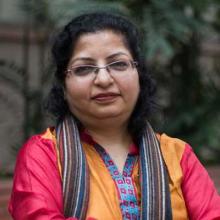India most likely undercounting heat-related deaths: Former WHO chief scientist Soumya Swaminathan
March 8, 2025 |
March 8, 2025
The New Indian Express
Dr Soumya Swaminathan, former WHO chief scientist and Health Ministry advisor, stated on the sidelines of TERI's World Sustainable Development Summit in New Delhi that India is "most likely" undercounting heat-related deaths as a result of a lack of robust data. However, the government is currently enhancing surveillance to mitigate the health effects of extreme conditions.
Experts discuss sustainable military infrastructure and emerging techs
March 7, 2025 |
March 7, 2025
The Times of India
Experts from premier institutions including IIT Kanpur, IIT Bombay, IIT Hyderabad, IISD, CDRI, TERI, and BMTPC took part in the seminar on emerging technologies and sustainable infrastructure at Bhopal Military Station on 6 March 2025. The event was organised by The Indian Army and Military Engineering Services (MES), in collaboration with IIT-Kanpur.
Union Minister for Environment, Forest and Climate Change Sh. Bhupender Yadav addresses Inaugural Session at World Sustainable Development Summit, 2025
March 6, 2025 |
March 6, 2025
Press Information Bureau
The Global South is driving the climate agenda, and the world now looks to India as a leader. In 2020 alone, India slashed its GHG emissions by 7.93%—a testament to its commitment to climate action said Union Minister for Environment, Forest and Climate Change, Sh. Bhupender Yadav in his inaugural address on 05 March 2025 at the World Sustainable Development Summit 2025.
Geopolitical tensions weakening trust, US decision will influence COP30: Brazil's climate minister
March 6, 2025 |
March 6, 2025
The Times of India
At the World Sustainable Development Summit organized by TERI in New Delhi Brazil's Environment and Climate Minister, Ms Marina Silva, stated that geopolitical tensions are undermining confidence, and the United States' decision will impact COP30. She stated that although multilateralism is struggling to adequately tackle global concerns, it remains the one feasible road forward.
Global South is driving climate agenda: Bhupender Yadav
March 5, 2025 |
March 5, 2025
Mint
The Global South is driving the climate agenda, and the world now looks at India as a leader, Union minister for environment, forest and climate change, Shri Bhupender Yadav said on 05 March 2025. In 2020 alone, India slashed its GHG emissions by 7.93% a testament to its commitment to climate action the minister said at the World Sustainable Development Summit 2025, organized by The Energy and Resources Institute (TERI) on the theme 'partnerships for accelerating sustainable development and climate solutions.'
Guyana PM arrives in India to attend World Sustainable Development Summit
March 4, 2025 |
March 4, 2025
The Tribune
Guyana's Prime Minister Brigadier (Retd) Mark Phillips arrived in Delhi on 04 March 2025 to attend the World Sustainable Development Summit 2025. Ministry of External Affairs (MEA) spokesperson Mr Randhir Jaiswal stated that the Guyana PM's visit to India will add further momentum to the "strong and growing multifaceted relationship" between the two nations.





